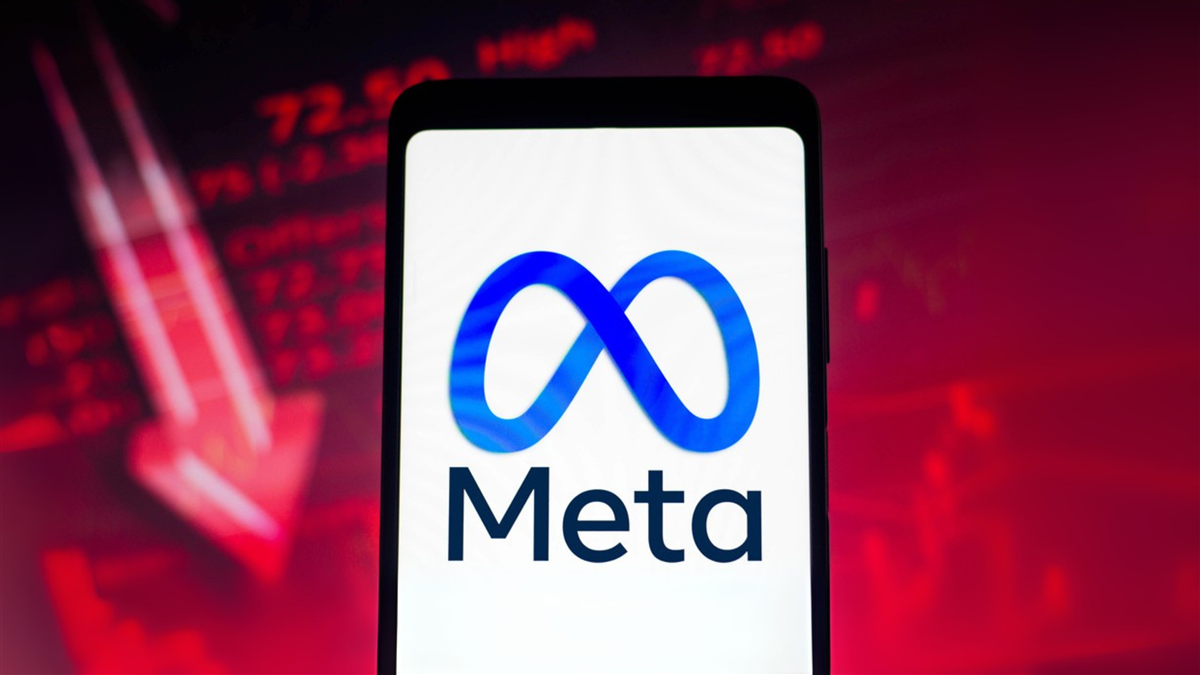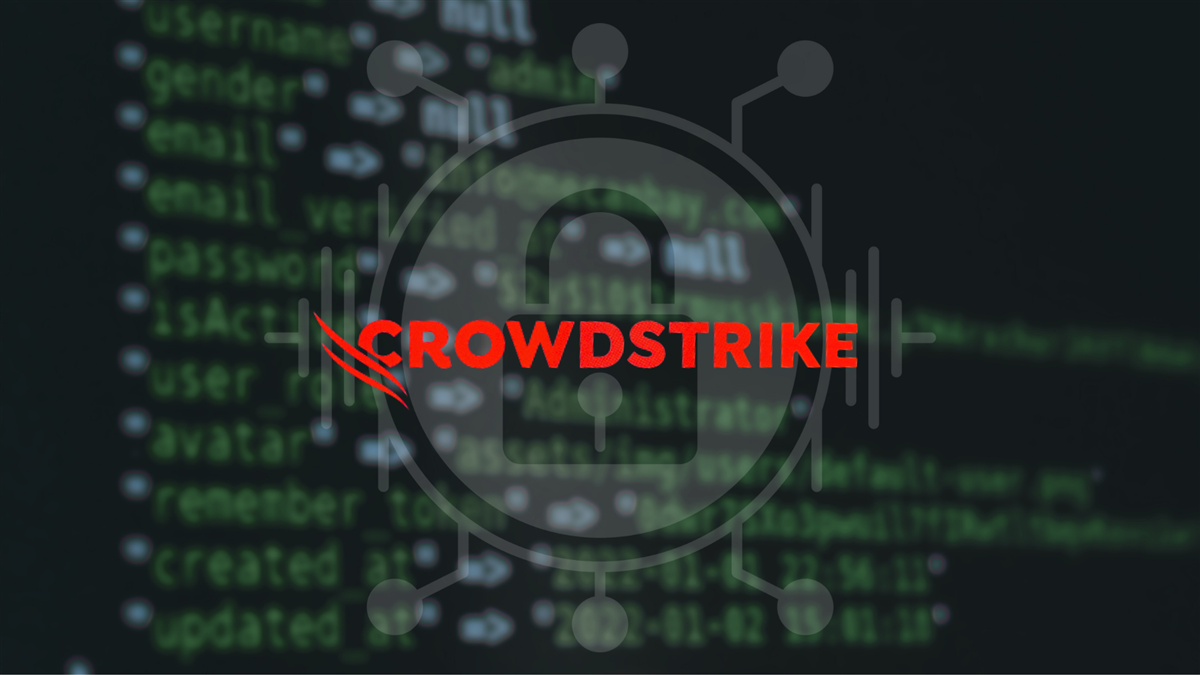Meta Slips as Oracle Surges: ORCL's AI Outlook Bearish for Meta?

Tech giant Oracle (NYSE: ORCL) recently put out an earnings report that left many market observers in awe. The company’s Q1 fiscal 2026 sales and adjusted earnings per share weren’t what impressed; Oracle actually missed estimates on both figures. However, Oracle’s outlook was astounding. The firm projects that its Cloud infrastructure revenue will grow to $144 billion by fiscal 2030 from just $18 billion in fiscal 2026.
That’s a $126 billion increase, for a compound annual growth rate of over 68%.
Many saw Oracle’s guidance as good for all stocks, taking advantage of the artificial intelligence (AI) boom. Its massive projected revenue growth proves that AI investment will continue for years to come, validating the AI trade.
However, not all stocks with an AI focus gained from Oracle’s press release. Meta Platforms (NASDAQ: META) fell by 1.8% on Sept. 10, Amazon.com (NASDAQ: AMZN) fell by 3.3%, and Alphabet (NASDAQ: GOOGL) dropped around 0.2%.
Below, we’ll discuss why this was the case, focusing on Meta. Ultimately, are Oracle’s mind-blowing cloud growth expectations bearish or bullish for Meta, or somewhere in the middle?
Oracle’s Outlook Means Higher Costs for Meta and Hyperscalers
To answer this question, it is important to understand what Oracle’s cloud infrastructure business actually does. Oracle essentially builds data centers, putting advanced chips, networking and cooling equipment, and electricity into a proper facility.
Then, they allow customers to rent computing power in those data centers, on which they can run workloads. Increasingly, the workloads that customers want to run are AI-specific.
Those customers are often hyperscalers, like Meta, Amazon, and Google. Thus, Oracle's $144 billion in cloud revenue translates directly to billions in more spending by these customers. That’s billions of dollars in higher costs for these hyperscalers, putting downward pressure on their margins.
For this reason, it's not surprising that these companies' shares fell in response to Oracle’s outlook. Notably, Oracle has said that Meta is one of its key AI cloud customers, using Oracle’s infrastructure to train its LLaMa models.
Despite this, Meta clearly benefits from working with Oracle.
Oracle Partnership Highlights Meta’s 2-Pronged Infrastructure Approach
Meta has been one of the world’s most prominent proponents of AI. They want to use the technology to enhance the targeting capabilities of their Facebook and Instagram ads and enable AI glasses to potentially replace smartphones. To do this, the company needs infrastructure to train its models.
It can get this infrastructure from one of two places: building it or hiring someone to do it for them. The company has opted for a hybrid approach, spending billions on its own data centers and renting out capacity from Oracle.
This approach is a good one.
When Meta builds its own data centers, it reduces its dependence on Oracle. This helps push against a future where Oracle massively raises the prices it charges Meta because the company relies too much on its infrastructure.
At the same time, using Oracle as a partner reduces Meta’s need for capital expenditure (CapEx). This allows Meta to prudently manage its costs while also continuing to scale its access to computing power.
Additionally, Meta can focus on its core competencies: figuring out how to drive value in advertising and smart devices rather than managing AI infrastructure.
Meta’s Expense Guidance: A Vital Data Point for 2026
Oracle’s lofty forecasts clearly indicate increased AI spending over the coming years. Although Oracle’s figures are not specific to Meta, it is unknown at this point whether this increased spending is bullish or bearish for the stock.
The results and projections that the company itself puts out will determine this. Meta’s results flew past expectations in Q2 2025, validating its right to spend billions as it has done so far. The company must keep up these strong results to avoid worrying markets.
Ultimately, Meta’s CapEx and total operating expense guidance for 2026 will be key to gauging if the market will continue tolerating its AI spending spree. Meta expects total expenses to grow by 20% to 24% this year, and sees that rate accelerating in 2026.
The question is how stark that acceleration will be, and whether the company can also accelerate revenue growth to limit margin contraction.
Learn more about META


